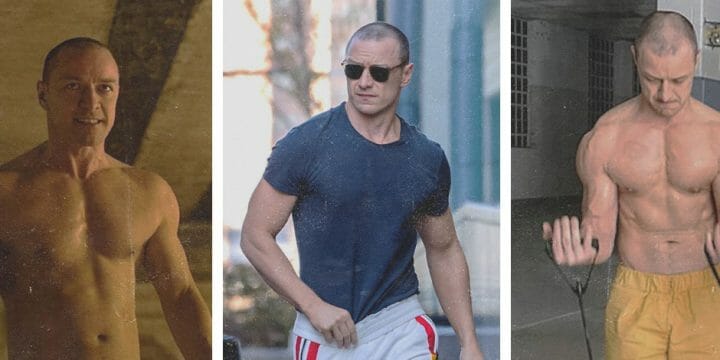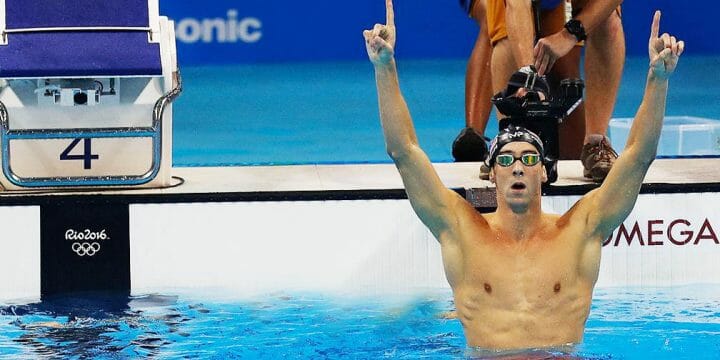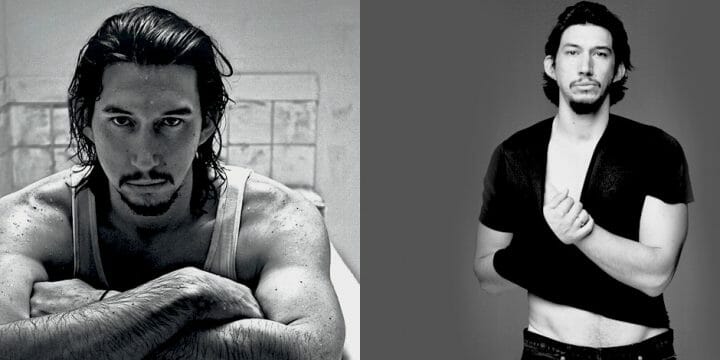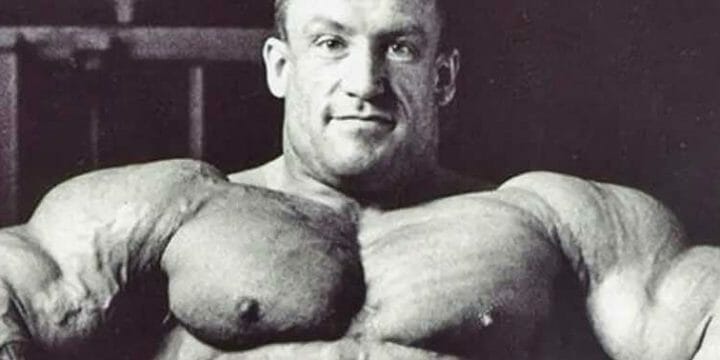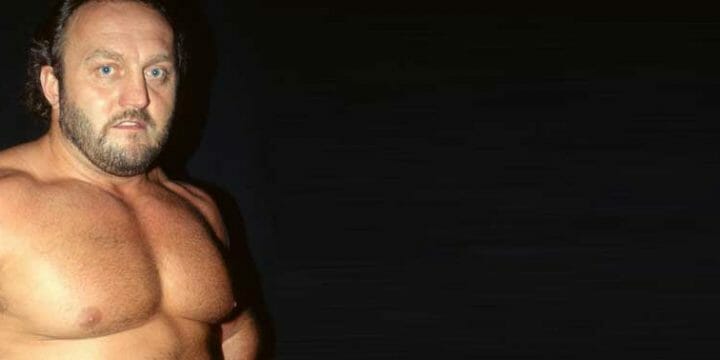Magnus Carlsen is a Norwegian five-time World Chess Champion, and according to the International Olympic Committee, chess is considered a sport, which technically makes him an athlete.
Chess, being as complex as it is, requires a substantial focus and mental strength to pick the best moves over and over again.
As a certified personal trainer, it took me over 22 hours to completely research, evaluate, and compile all the relevant information regarding Magnus Carlsen's workout and diet regime.
After reading the article, you will know a complete workout routine, diet plan, and the most important supplements Carlsen takes to support razor-sharp focus and mental clarity.
Celebrity Stats/Career Highlights
- Age: 32 years
- Height: 5’10”
- Weight: 160 lbs
- Waist: 32 inches
- Chest: 39 inches
Magnus Carlsen’s Workout Routine
An average person consumes a little above their basal metabolic rate requirements daily.
However, an extreme example of how much a chess game has a physical toll on your system was shown in the five-month tournament between defending champion Anatoly Karpov (at that time) and Garry Kasparov in 1984.
Karpov lost about 20 pounds after the tournament, which is why proper nutrition and an aerobic exercise regime are required to support your chess performance.
Magnus always preferred aerobic exercises over any other form of working out for two main reasons.
First, he used to love playing sports such as soccer or skiing as a child, so he kept his love for those activities even today when he is a World Champion chess grandmaster.
The second reason is that aerobic activities benefit chess players with elevated blood pressure during chess games.
This is also true for competitive marathon runners (high b. pressure during running), so aerobic exercises can help battle and somewhat optimize the stress induced by elevated blood pressure during those crucial moves in a chess tournament.
Many studies have previously been conducted where monitored chess players exhibited elevated pressure, so a solution was presented in the form of strenuous and regular aerobic exercise.
Between the tournaments and the most important chess games, the World Champion, Magnus Carlsen, runs daily for about an hour or two to keep his health and improve his overall chess performance.
"Physical exercise has been shown to be beneficial for your brain. It affects your neuroplasticity which can improve your cognitive functioning and general well-being. Aerobic exercise has been shown to potentially be beneficial for people in the early stages of Alzheimer’s disease. Higher cardiorespiratory fitness has been associated with higher brain function, improved memory levels, and less brain atrophy."
- Jesse Zucker, Certified Personal Trainer
Workout Principles

Since Magnus mostly focuses on aerobic workouts, all the principles below will be dedicated to only that type of physical activity.
Magnus runs at least an hour daily, and when he doesn't run, he probably plays soccer or some other sport he used to love when he was a child.
Here are the most important workout principles a current world champion chess player follows to stay in top physical shape and boost his chess performance.
Regularity and Consistency
Maintaining a regular and consistent exercise routine is a cornerstone of Magnus Carlsen's training program.
Research has shown that regular aerobic exercise can significantly enhance cognitive function and improve memory, which is essential for a chess player [1].
Consistency helps improve cardiovascular endurance and supports the body's ability to handle stress, a crucial aspect of competitive chess.
Moderate Intensity
Aerobic training for cognitive performance doesn't necessitate high-intensity workouts.
Magnus Carlsen's routine emphasizes moderate-intensity exercises like brisk walking or light jogging.
Studies have revealed that even moderate aerobic exercise can boost the size of the hippocampus, the brain area involved in verbal memory and learning [2].
Mindful Movement
Mindfulness, or being present now, is a significant principle in Carlsen's training routine.
Mindful exercises such as yoga or tai chi combine physical activity with cognitive awareness, improving attention span, working memory, and cognitive flexibility [3].
This is particularly beneficial for chess players who must focus for extended periods.
Variety
Carlsen incorporates a variety of workouts into his training regime to keep it engaging and well-rounded.
A diverse exercise routine ensures that different muscle groups and cognitive skills are targeted, preventing boredom from a monotonous regimen.
Also, diversifying workouts can help improve problem-solving skills, which is crucial for chess strategies.
Recovery
Finally, sufficient rest and recovery are as important as the exercise in Carlsen's workout principles.
Proper recovery allows the body to heal and recharge, preventing overuse injuries.
Additionally, sleep has been found to play a vital role in memory consolidation, which can help chess players remember and learn from previous games more effectively [4].
Thus, balancing active training days with rest days is essential for optimal performance.
Magnus Carlsen’s Diet Plan

Carlsen prefers to chew gum and drink chocolate milk when in tournaments and playing important chess games.
The shift from his signature orange juice to chocolate milk has been essential for two reasons. The first one is that orange juice always results in quick spikes in blood glucose, which undeniably causes crashes that aren't particularly useful for chess players.
The second reason is that chocolate milk has all the important micro and macronutrients a chess player would need during a tournament.
It contains macronutrients such as carbs, fats, and protein and micronutrients such as calcium that are beneficial for sustained energy.
In addition, chewing gum is also beneficial for improving concentration, reaction time, and memory.
It is also important to mention that Carlsen's diet is monitored and created by his personal chef, who caters to Carlsen's nutritional needs.
He added, in one of his interviews for ESPN, that he forces Magnus to eat pasta before tournaments so he gets reserve energy.
Vegetarian Diet
Magnus primarily follows a vegetarian diet and eats superfoods that support his brain function, memory, and concentration.
Before tournaments and chess games, he prefers to eat foods such as:
- Omelet
- Yogurt
- Fruit
- Eggs
- Nuts
- Seeds
- Dark leafy greens
Magnus prefers a superfood smoothie with ingredients such as hemp milk, açaí berries, or fresh-pressed green juice with ginger and lemon for breakfast.
He prefers a simple salad topped with avocado, pumpkin seeds, or walnuts for lunch.
For dinner, Carlsen likes some vegetable stir fry over brown rice.
Hydration is another important factor for chess players of his caliber, so he ensures he drinks enough water during tournaments to support his playing performance.
Most of Carlsen's diet focuses on plant proteins such as nuts, beans, seeds, or hemp protein.
Diet / Nutrition Principles
Here are the main diet principles Magnus Carlsen follows to ensure peak performance for most of his chess games.
Balanced Diet
Magnus Carlsen follows a balanced, vegetarian diet that includes a variety of fruits, vegetables, legumes, whole grains, and plant-based proteins.
A balanced diet ensures he gets a wide range of essential vitamins, minerals, and antioxidants that support overall health and cognitive function.
A well-rounded diet can enhance brain function and concentration, both critical for chess performance.
Adequate Protein Intake
Despite following a vegetarian diet, Carlsen consumes enough protein to support his physical training and general health.
Plant-based protein sources include legumes, tofu, tempeh, seitan, and plant-based protein powders.
Adequate protein intake is crucial for repairing and building muscles, especially after physical exercise.
Hydration
Staying hydrated is crucial for maintaining cognitive function and overall health.
Dehydration can impair concentration, memory, and reaction time, negatively impacting chess performance.
Carlsen ensures he drinks plenty of water throughout the day, especially during chess tournaments and workouts.
Omega-3 Fatty Acids
Omega-3 fatty acids are essential for brain health.
These fats are crucial in cognitive function, including memory and mood.
While fish is a common source of omega-3s, vegetarian sources include flaxseeds, chia seeds, hemp seeds, and walnuts.
Carlsen incorporates these into his diet regularly to support his cognitive performance.
Regular Meal Timing
Consistent meal timing can help maintain steady blood glucose levels, which supports brain function and focus.
Irregular eating patterns can lead to fluctuations in blood sugar, potentially causing periods of energy crashes and impaired concentration.
Carlsen ensures a consistent energy supply for his physical workouts and chess games by having regular meals and healthy snacks.
Supplements

You may have noticed Magnus has started using chocolate milk during his chess games and tournaments for more sustained energy, focus, and overall game awareness.
However, that isn’t the only factor that helps him stay focused and achieve such incredible feats of concentration for prolonged periods, sometimes up to 18 hours or more.
A high-quality caffeine supplement or at least a decent coffee beverage can help you stay focused for much longer without losing focus and extra energy.
The main difference between coffee and caffeine supplement pills is that coffee will always cause a crash, and you may feel exhausted after it disappears from your body.
However, even though this is also the case for most caffeine supplements, some products don’t cause the so-called “afternoon” crash and will help you focus and concentrate much longer.
These supplement products are rare, but they can significantly increase your chess performance when coupled with proper nutrition and exercise regime.
Related Articles:
"Caffeine is a psychoactive substance, meaning it “affects how the brain works and causes changes in mood, awareness, thoughts, feelings, or behavior,” according to the National Cancer Institute. That said, there are some benefits to how caffeine affects the CNS. Namely, increased energy expenditure, improved cognitive skills — such as perception of alertness and wakefulness — and a lower risk of developing neurodegenerative diseases (i.e., Alzheimer’s)."
- Phil Blechman, Certified Personal Trainer
FAQs
What Does Magnus Carlsen Eat in a Day?
Magnus Carlsen eats mostly vegetarian food in a day. He had a big smoothie for breakfast and a salad topped with avocado, walnuts, or pumpkin seeds for lunch
How Is Magnus Carlsen So Strong?
Magnus Carlsen is so strong because he works out like competitive marathon runners. Running isn’t just good for alleviating elevated blood pressure and other health-related issues but also for strengthening the bones, ligaments, and major muscle groups.
How Many Hours Does Magnus Sleep?
Magnus sleeps up to 16 hours prior to major tournaments and important chess games. However, during the in-between period, he sleeps around 8 hours to maximize recovery and enable him to stay focused during daily practice and chess games.
References:
About The Author
You May Also Like
